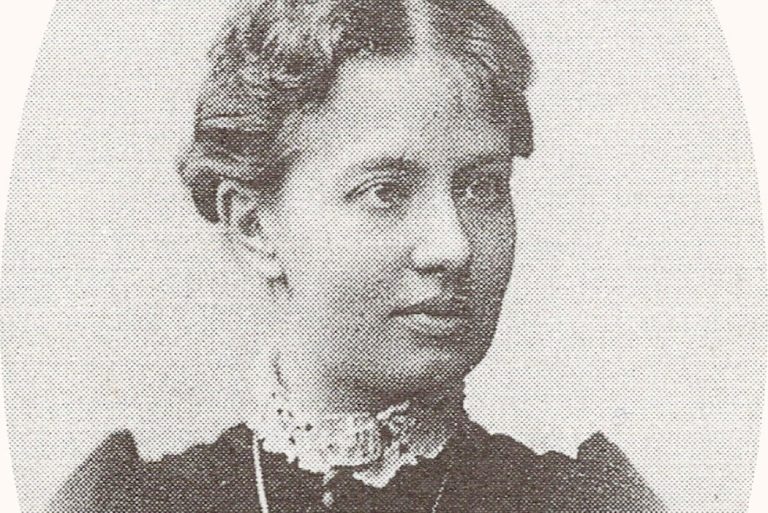THE The icon indicates free access to related research on JSTOR.
In 1874, Sofia Kovalevskaia became the first woman in Europe to obtain her doctorate in mathematics. For her and many other Russian women, this achievement was a political act. Historian Ann Hibner Koblitz states that in the late 19th century, women like Kovalevskaia pursued careers in mathematics and science in defiance against a reactionary government. After the administration of Tsar Nicholas I, she explains, a thirst for social revolution developed among the young Russian intelligentsia and they saw education as a way to fight back.
These social revolutionaries became known as “nihilists.” It was originally an insult, but they adopted this label: they actually wanted to demolish traditional tsarist institutions and start from scratch. While the government of Nicholas I was hostile to science, the nihilists saw science as a symbol of progress and social revolution. As a result, Koblitz writes, they viewed a scientific career as “an active blow against backwardness.”
When Nicholas I died and Alexander II became tsar, the nihilists remained hopeful. The Russian government began to cautiously develop scientific institutions. Women began taking science courses at Russian universities, although they still could not obtain degrees.
However, after Alexander II announced the emancipation of the serfs, the situation changed. Koblitz explains that the proclamation “was followed almost immediately by a wave of student demonstrations protesting its inadequacies and injustices.” Alexander II suppressed the demonstrations and universities closed their doors to women. A group of Russian women led an exodus from Russialooking for places to study math and science.
“They came from one of the most reactionary countries in Europe and addressed the European educational establishment with determination,” Koblitz writes. Many ended up in Zurich, where it was possible to enter university and the cost of living was low.

In the late 1860s and early 1870s, Koblitz reports, 203 women were studying at the University of Zurich, 148 of whom were Russian. They formed communities to support each other while pursuing degrees in science, mathematics and medicine.
“For Zurich bourgeois,” Koblitz explains, “the nihilistic women’s short hair, simple clothes, poorly studied manners and love of cigarettes were shocking.” Kovalevskaia lived in a community like this in Germany.
But in 1873, the Russian government ordered the women back, threatening to bar them from government employment or higher education. Some returned home due to financial pressures, others to bring their activism directly to Russia.
Others, including Kovalevskaia, remained in Europe. Kovalevskaia studied in Berlin and Heidelberg before obtaining her doctorate very good mention at the University of Göttingen. She becomes a professor and joins the editorial board of the journal Acta Mathematics. Iulia Lermontova and Nadezhda Suslova became the first women to earn doctorates in chemistry and medicine, respectively. All three have made important contributions to their fields.
Over the next two decades, desperation for educated workers led the government to make concessions. But Koblitz explains that these measures were very limited: women had access to certain jobs, but they could not become full professors in Russia.
“They were largely prevented from educating a new generation of women,” she writes, “and circumstances drove some of them into revolutionary underground.”
Support JSTOR daily! Join our membership program on Patreon today.

Resources
JSTOR is a digital library for academics, researchers and students. JSTOR Daily readers can access the original research behind our articles on JSTOR for free.
By: Ann Hibner Koblitz
Isis, Vol. 79, no. 2 (June 1988), pp. 208-226
The University of Chicago Press on behalf of the History of Science Society




